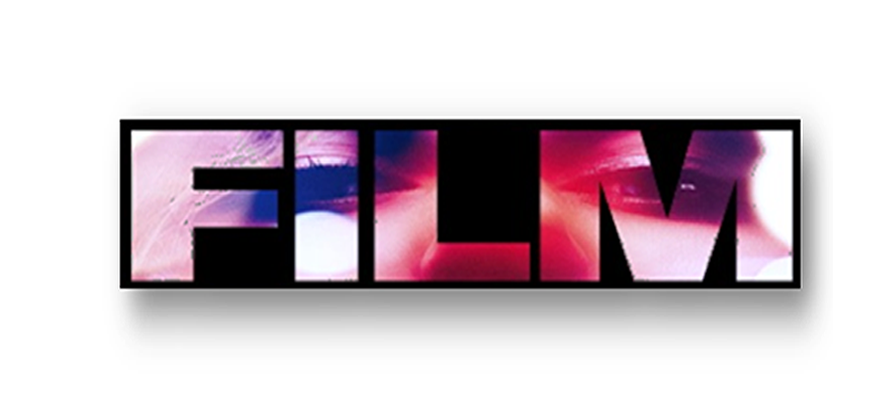Nigerian Talent Shines at the 57th London Film Festival by Ndidi Esiri
What made this year’s London Film Festival special? The A-List stars such as Tom Hanks, Sandra Bullock, and George Clooney that walked its red carpet – or the marriage proposal that took place on it? Neither. It was special – at least for me – because of the strong Nigerian presence on and behind the screen. Nigeria has never had it so good at any film festival outside Africa.
The Dubai International Film Festival, which I attended last year, had only one Nigerian film (Big Man) in the short films category. London, by comparison, had two feature films (Half of a Yellow Sun and B for Boy) representing Nigeria on the country listings, while Gone Too Far directed by British-Nigerian Destiny Ekaragha and Andrew Dosunmu’s Mother of George, while listed under the UK and USA respectively, brought added Nigerian flavour. Finally, British-Nigerian Chiwetel Ejiofor added to the Nigerian presence tally with his stunning performance as the lead actor in 12 Years a Slave.
A comedy-drama, Gone Too Far – adapted from the award-winning play by British-Nigerian playwright Bola Agbaje – portrays the relationship between two estranged brothers amidst racial tensions in their Peckham housing estate and explores adolescent passions. This debut feature film by Destiny Ekaragha brought humour to a look at race relations in Britain. Time Out Magazine’s review noted that it “retains the wit, the wisdom and the Peckham setting, but it has a great deal more to say.” Mother of George was very stylised and symbolic and told the story of a young Nigerian wife living in a Yoruba community in Brooklyn, USA who, despite her fertility beads and prayers, is unable to have a baby. After being told by her mother-in-law that she was to have a boy and name him George, Adenike (Danai Gurira) begins to take drastic measures in her desperation to have a child and save her marriage. The film’s cinematography was exquisite and the colours vibrant, especially against the very dark skin of its lead actress. Tickets to Biyi Bandele’s adaptation of Chimamanda Adichie’s award-winning novel Half of a Yellow Sun sold out on the first day of sales, indicating how eager people were to see it. The story follows the lives of two middle-class twin sisters – Olanna and Kainene – and their lovers during the Nigerian Civil War. Chiwetel Ejiofor, Thandi Newton, and Anika Noni Rose brought Hollywood stardom to the film in their roles as leads. 12 Years a Slave is a film by British director Steve McQueen and is based on the true story of Solomon Northup. Chiwetel Ejiofor’s stunning performance has many speculating that he stands a very good chance of getting the Oscar for best actor. The film received a standing ovation and seems to have had a strong impact on the audience – my brother for one came home singing songs from its soundtrack and sounding very much like a Georgian slave fallen on hard times. While some felt the film’s depictions of slavery in America were too graphic, others felt they were unfortunately eerily accurate. Finally B for Boy, which has a theme similar to Mother of George, was in competition at the festival and although it did not win, it was given a special commendation by the judges, who described it as “a powerful film, told with a visual and emotional elegance.” It underscored the ‘Nigerianess’ of the festival for not only did all its financing come from Nigeria, it was written and directed by Chika Anadu, produced by Chika Anadu and Arie Esiri, and had an all Nigerian cast. And as if all that wasn’t Nigerian enough, it was in a Nigerian language – Igbo – with English subtitles. I salute all the amazing people that made me feel so proud of my country. Safe to say, I am looking forward to the general cinema release of all these good ‘Nigerian’ movies.






